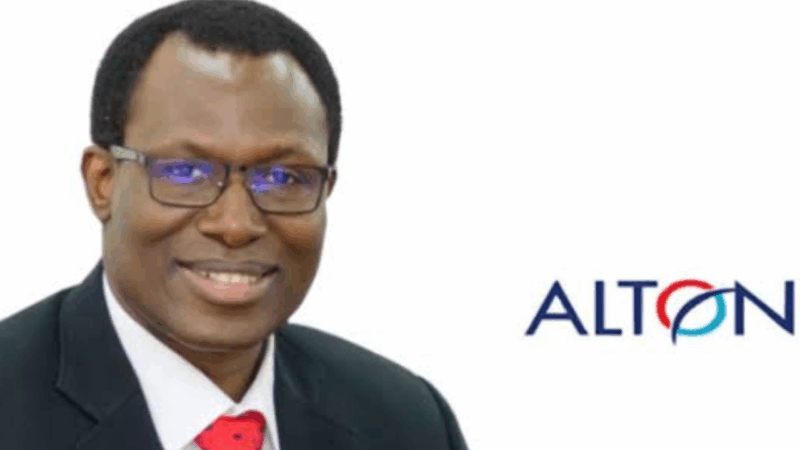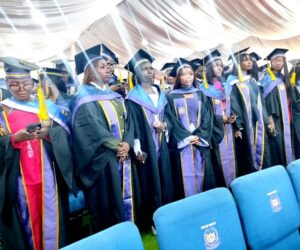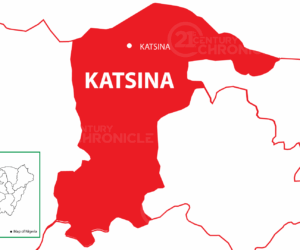West Africa’s telecommunications industry is entering a new phase of growth, with investments rising to their highest levels since before the COVID-19 pandemic. This was the key message delivered by Engr. Gbenga Adebayo, Chairman of the Association of Licensed Telecommunications Operators of Nigeria (ALTON), at the 2025 West Africa Telecommunications Infrastructure Summit & Exhibition (WATISE) in Lagos.
The two-day summit, held at the Radisson Blu Hotel, brought together regulators, telecom operators, fintech companies, and financial institutions under the theme “Digitalising West African Economy: Navigating Challenges and Opportunities for Critical Stakeholders.”
According to Adebayo, the renewed surge in telecom investment is fueling opportunities across multiple sectors. He described telecommunications as the “backbone of the digital economy,” powering critical services in banking, fintech, telemedicine, education, commerce, and emergency response.

However, he also warned that challenges like vandalism, multiple taxation, and Right of Way restrictions continue to threaten network expansion.
Adebayo welcomed the Federal Government’s recent tax reforms, which are expected to reduce more than 56 levies by January 2026. He called on state governments across West Africa to create enabling environments to support faster digital rollout.
“Telecoms infrastructure must be protected, and policies must be harmonised if the region wants to unlock its full digital potential,” he said.
Unlocking a trillion-dollar digital economy
In his goodwill message, the President of the Association of Telecommunications Companies of Nigeria (ATCON), Mr. Tony Emoekpere, noted that the next decade will define West Africa’s place in the global digital economy.
“If we build the infrastructure, harmonize policies, and encourage collaboration, we will unlock unprecedented economic growth, create millions of jobs, and give our young population the tools to compete globally,” Emoekpere said.
He stressed that while risks exist for investors, West Africa’s digital economy represents one of the world’s most attractive frontier markets, with the potential to double its contribution to GDP within ten years.
The summit also highlighted the role of fintech in accelerating financial inclusion. Dr. Nnenna Achife, Head of Commercial Business at AfriGo Payment Financial Services, showcased how AfriGo is using technology to power card payments and reduce costs.


She explained that AfriGo has enabled local-currency settlements, supported government social programmes, and promoted a cashless economy through affordable electronic payment options. The company has also enhanced offline payment systems to ensure access in areas with weak internet connectivity.
In his keynote, Mr. Adewunmi Adesina, Managing Director of Trade Lenda, called for governments to invest in infrastructure and harmonize digital policies across the ECOWAS region. He stressed that private sector players must collaborate to build scalable platforms that serve underserved populations.
“At Trade Lenda, we are proud to provide micro and small businesses with access to credit through digital channels, enabling them to grow sustainably,” he said.
Another strong voice at the summit was Jameelah Sharrieff-Ayedun, Vice President of FintechNGR and CEO of CreditRegistry. She cautioned against the risk of “digital apartheid,” where millions remain excluded from the formal economy due to lack of access to data and credit.
She urged industry players to embrace alternative data sources, such as mobile usage and e-commerce records, to widen credit access and prevent Africa’s youthful population from becoming a missed economic opportunity.
A fireside chat led by WTES Project Limited CEO, Mr. Chidi Ajuzie, and a panel session led by robotic engineer Mrs. Racheal Anorue, shed light on persistent challenges such as rising USSD costs, poor connectivity, and risks faced by mobile agents.
Panelists agreed on the need for stronger collaboration, public awareness, and technology-driven infrastructure security. They emphasised that reducing transaction costs and ensuring reliable connectivity are crucial for driving financial inclusion.


At the close of WATISE 2025, participants outlined key priorities:
Protection of telecom infrastructure against vandalism.
Harmonised and enabling policies across ECOWAS states.
Immediate steps to reduce the cost of USSD and digital transactions.
Greater investment in workforce training and cybersecurity.
Regional collaboration to unlock West Africa’s trillion-dollar digital economy potential.
A Region on the Cusp of Digital Transformation
The summit ended on an optimistic note. Industry leaders, policymakers, and innovators expressed confidence that with sustained investment, regulatory reforms, and inclusive strategies, West Africa’s telecom and fintech sectors are well-positioned to transform the region’s economy.
The momentum, they agreed, is clear: digital infrastructure and innovation will be the foundation for economic growth, job creation, and global competitiveness in West Africa over the coming decade.








